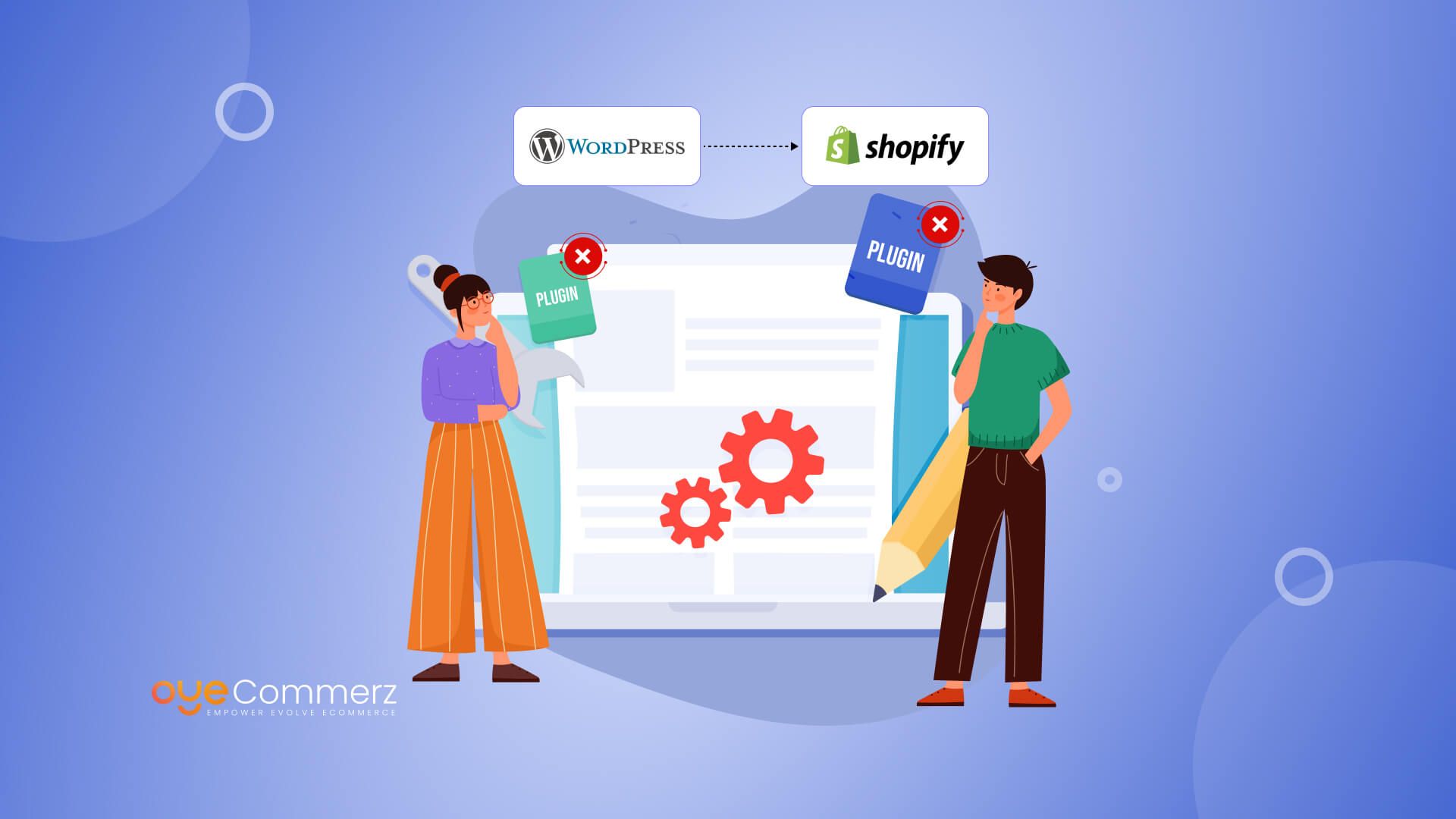In the ever-evolving landscape of online retail, picking the optimal platform is crucial for your company’s prosperity. If you’re currently using WordPress and thinking about a migration to an alternative, you’re not the only one. Many businesses are switching to leverage Shopify’s comprehensive tools, user-friendliness, and growth potential. This guide will walk you through the steps of migrating from WP to Shopify smoothly, ensuring that you realize your eCommerce potential.
Why Transition from WP to Shopify?
Prior to diving into the migration journey, it’s crucial to know why this shift can be advantageous for your online store:
User-Friendly Interface: Shopify offers an user-friendly system that makes easier store handling, making it easier for non-technical users.
Flexibility: As your business expands, Shopify can support increased traffic and sales without sacrificing speed.
Integrated Features: Shopify provides integrated resources for SEO, analytics, payment management, and much more, eliminating the necessity for several plugins.
Robust Protection: With Shopify, you get access to robust security protocols that protect confidential customer data.
Steps for a Smooth Migration
Migrating your online store from WP to Shopify requires multiple steps.
Here’s the way to achieve a hassle-free transition:
Prepare Your Migration Strategy
Begin by mapping out your migration strategy. Identify which elements of your current site you want to move, such as:
Inventory information
Customer information
Order history
Blog content
Select the Appropriate Migration Option
Depending on your requirements, select a migration plan that aligns with your eCommerce goals. Professional services delivers multiple plans:
Entry-Level Plan: Suitable for compact stores with limited products.
Standard Migration Package: Appropriate for mid-range businesses with more complex demands.
Advanced Plan: Best for larger stores needing custom customization.
Backup Your Content
Ahead of initiating the migration, guarantee that you have a complete archive of your WordPress site. This step is essential in situations where anything goes off track during the move.
Retrieve Your Information from WordPress
Utilize extensions or manual methods to extract essential information from your WordPress site:
Items
Clients
Orders
Blog posts
Upload Information into Shopify
When you have your data retrieved, utilize Shopify’s import tools or third-party apps to migrate your information into your updated store. Confirm that all data is accurately organized and arranged.
Customize Your Shopify Site
After uploading data, customize your Shopify store’s layout to align with your style. Consider hiring a designer if you need advanced customization.
Establish TransactionOptions and Shipping Options
Configure payment gateways and logistics options in Shopify to facilitate a user-friendly transaction experience for customers.
Implement Search Engine Optimization Standards
To keep your SEO performance during the transition:
Implement 301 redirects from previous URLs to updated ones.
Update descriptions.
Optimize images and content for better ranking.
Review Your Migrated Shop
Before going live, completely test your new platform. Look out for any broken links, payment processing issues, or incomplete files.
Launch Your Site
Once everything is in order, it’s time to launch! Share the transition to your users and motivate them to discover the enhanced capabilities of your Shopify store.
Post-Migration Assistance
Post publishing your new store, Shopify analytics integration regular help is important. Explore working with experts who can assist with:
Technical support
Marketing strategies
Improvement strategies
Conclusion
Migrating from WordPress to this platform can be a crucial decision for your digital business. By adopting this guide and utilizing tools like those offered by industry leaders, you can WordPress to Shopify SEO migration ensure a seamless transition that enhances your digital storefront. Accept the shift and realize the full capabilities of Shopify today!
